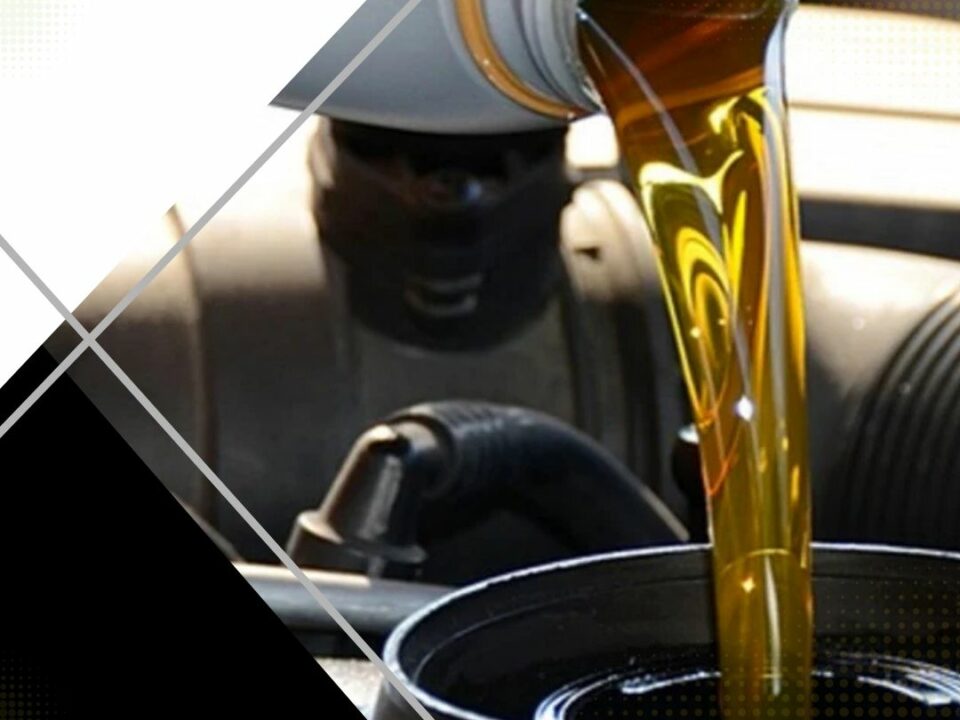
Toyota Repair Insights: Should You Repair or Replace Your Transmission?
May 31, 2025
The Impact of Different Oil Types on Oil Change Frequency and Engine Health
May 31, 2025When it comes to vehicle maintenance, few things are as crucial—or as commonly misunderstood—as an oil change. It’s more than just a routine chore; the type of oil you choose can impact your engine’s performance, lifespan, and fuel efficiency. With several options on the market, understanding the types of oil and how they affect your vehicle is essential for every car owner.
Understanding the Different Types of Oil
There are four main types of engine oil used in oil changes, and each serves a unique purpose:
- Conventional Oil: Derived from crude oil, this is the most basic and affordable option. It’s suitable for older engines or vehicles driven under normal conditions. However, it requires more frequent changes and may not perform as well in extreme temperatures.
- Synthetic Oil: Created through a complex chemical process, synthetic oil offers superior performance in both hot and cold conditions. It’s cleaner, lasts longer, and provides better protection against engine wear. It’s ideal for modern engines and high-performance vehicles.
- Synthetic Blend Oil: A middle ground between conventional and synthetic, this oil offers improved protection and performance at a lower price than full synthetic. It’s great for drivers who want enhanced durability without breaking the bank.
- High-Mileage Oil: Specially formulated for vehicles with over 75,000 miles, high-mileage oil contains additives that help reduce oil consumption and leaks. It can extend the life of aging engines and keep them running smoother for longer.
Why Oil Type Matters
Choosing the right oil during your oil change can make a significant difference in your vehicle’s performance. For instance, synthetic oil flows better at startup and resists breakdown longer, making it perfect for cold climates or extended driving intervals. Meanwhile, high-mileage oil supports engine longevity in older cars prone to wear and tear.
Ignoring the recommended oil type—or delaying your oil change—can lead to engine sludge, overheating, and eventual breakdowns. Always check your owner’s manual or ask a professional to determine the best option for your car.
Keep Your Engine Running Strong
Understanding the essentials of an oil change empowers you to make smarter choices for your vehicle. Whether you’re driving a brand-new car or a trusty older model, using the right oil keeps your engine clean, efficient, and protected. Don’t wait for warning lights—stay proactive. Schedule your next oil change today and give your car the care it deserves.
READ MORE:
The Impact of Different Oil Types on Oil Change Frequency and Engine Health




